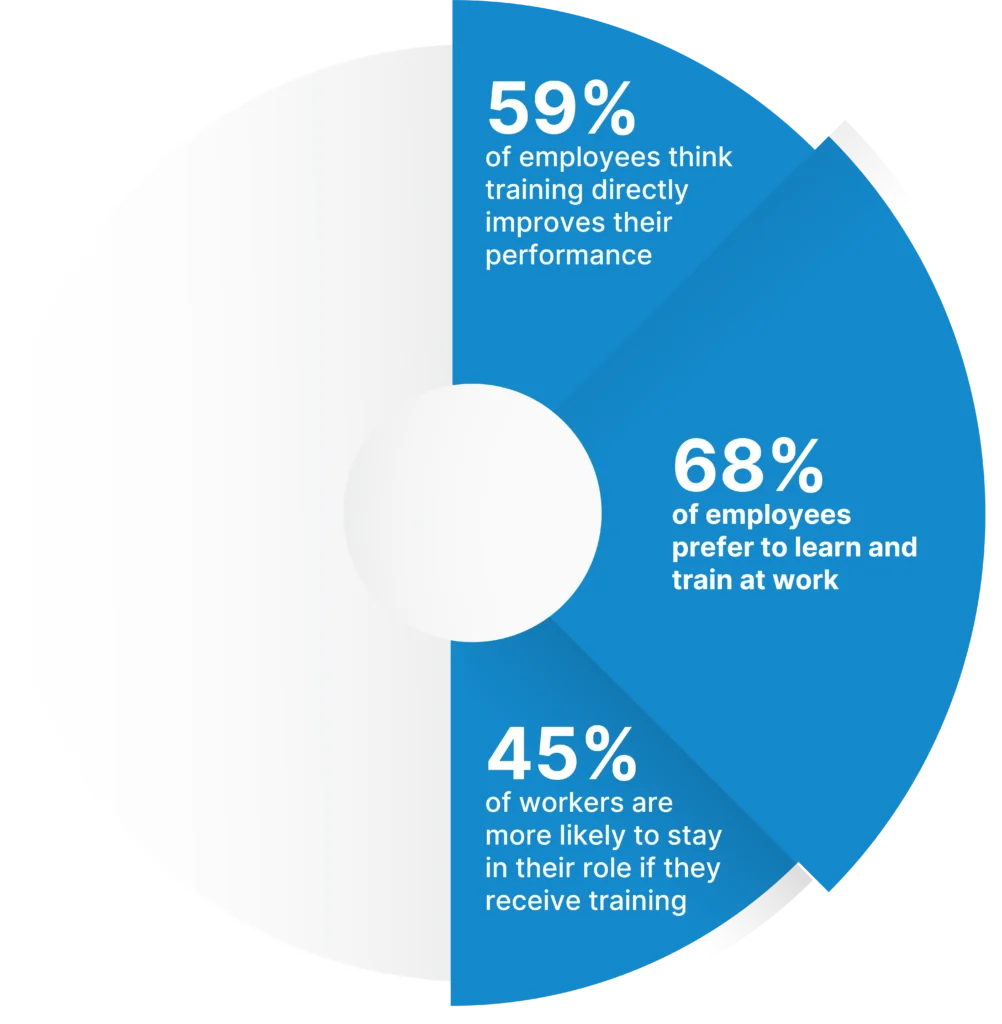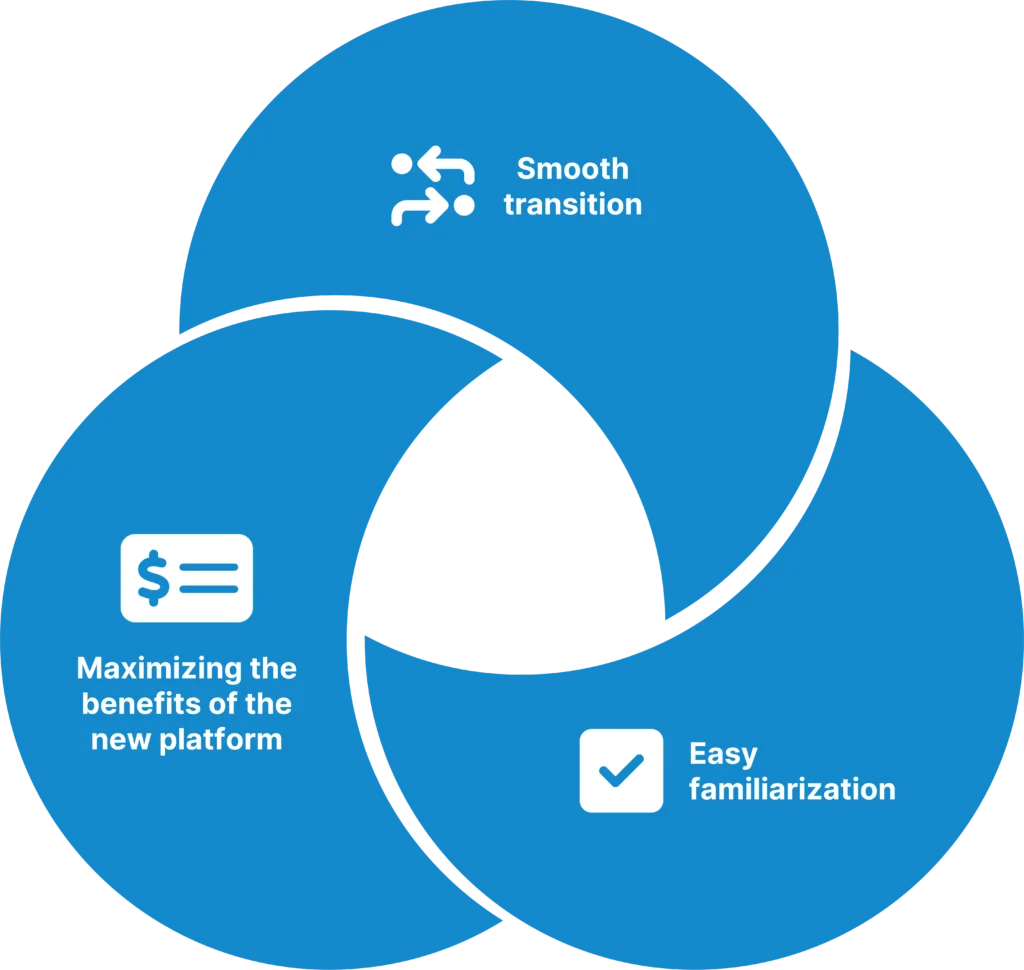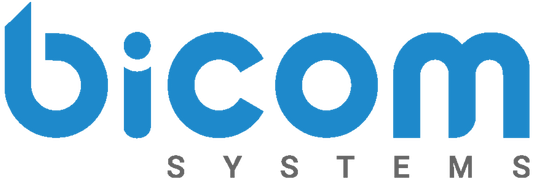We all know how important job satisfaction is.
It primarily comes from good infrastructure, but also from a general mastery of equipment, whether it’s hardware or software.
And for UCaaS, as well as CCaaS, knowledge of its tools and features contributes greatly to personal satisfaction and business growth.
Achieving this, one might assume, is usually tied to effective and meticulous training sessions.
UCaaS and CCaaS Dependence on Training
Due to their people-centric nature, both UCaaS and CCaaS heavily rely on targeted training sessions. If training isn’t emphasized enough, employees, and consequently, companies, may struggle to fully capitalize on the potential of both solutions.
UCaaS depends on training sessions primarily to empower employees with the knowledge and skills needed to effectively utilize the platform’s features. Training can also enhance productivity in UCaaS, while communication across the company’s departments can streamline.
On the other hand, CCaaS, a solution more oriented on customer interactions, benefits from training by accrediting CCs agents with the necessary skills and knowledge to deliver exceptional customer experience (CX).
In most of these cases, training sessions are conducted by training and quality assurance specialists, although it’s not uncommon for supervisors or team leaders to run them as well.
However, they may struggle to comply with the training schedule due to other tasks, such as attending meetings or handling administrative duties.
Needless to say, a well-crafted training and education plan for employees, regardless of their seniority, can greatly improve the overall performance, from the ground up.
The Ripple Effect of Excellence
For CCaaS, whether they include UCaaS or not, customers are the most important, but not the only component. It’s important to be considerate of all workforce, and to support it all as well.

Let’s examine in detail why training is essential and the potential ramifications of its absence in your UCaaS and CCaaS landscape.
Good Understanding Leads To Better Service
Learning and skill development are never-ending processes. This is especially evident in areas such as UCaaS and CCaaS.
The fast pace of work and the onboarding process for new employees can sometimes hinder familiarity with tools. As a result, new employees complete initial training but might need several more sessions to master the tools fully.
When this is lacking, it leads to a chain reaction of negative consequences. No one wants to endure stress caused by insecurity and lack of knowledge. This, in turn, creates fearful and impulsive employees who unintentionally cause more harm than they solve.
Training helps alleviate these fears and insecurities by building up their confidence. That also eliminates the need for further external training that consumes both financial resources and time.
Better Service Leads to Improved Staff Morale
When employees understand how to use the core tools for their work, and when their results confirm success, the organization can only progress. Incorporate customer satisfaction into the equation, and we have a recipe for thriving business.
The educational side of training also strengthens interpersonal relationships, building trust among colleagues.
How training sessions will be conducted is entirely up to the business and its company culture. It can be standard questionnaires, one-on-one sessions, or group training.
Both trainers and employees should think about factors such as resource availability when deciding between on-site or remote training sessions.
And Improved Staff Morale Leads to an Impeccable Reputation
The fewer gaps in knowledge, the greater the chance of maintaining your standards and reputation. This is, of course, achieved by meaningful and regular training sessions.
In essence, training not only benefits the business internally but also externally. With this approach, you can easily stand out from the competition and continue on a positive course.
It’s easy to build everything when the workforce is satisfied and excels in their work.
What About Changing the Vendors?
A particular aspect of this story is the transition from one vendor to another, especially in the realms of UCaaS and CCaaS. This often means changing platforms, functionalities, and almost a complete shift in work habits.
This process can be difficult and challenging, and in one of our recent blog posts, we covered precisely the topic of How to Change Vendors Without Disrupting Your Business.
For those in this transition process, training possesses several important virtues.
Three Key Steps while Transitioning
If the vendor transition is not executed properly, the entire business may feel the impact. Instead of progressing due to the change of vendors, unnecessary complications and potential setbacks may arise.
The most crucial aspects of training when changing a vendor:

Readers can explore a variety of our case studies to learn about real transition processes when changing vendors, including the challenges faced and strategies we employed.
In order for employees to acquire the skills necessary to adapt to new tools, the training based on these three steps should be thorough and regular.
Training will again have a positive impact on the newly emerged fear and insecurity among employees, and unlock the full potential of the new system.
How We Talk Training at Bicom Systems
No matter how tech-savvy an individual may be, mastering the comprehensive range of platforms and channels might be quite complex even for employees who are using them for years.
That is why it is essential to have a UC provider that offers training sessions.
We all know that training isn’t just about one-way communication. Fostering ongoing dialogue and feedback is crucial. That’s why here at Bicom Systems, we go the extra mile by offering multiple training options and support.
Our training includes onsite and remote sessions, with options such as essential training, advanced training, and custom training, all tailored to specific needs and previous experience with different platforms.
And true mastery comes from hands-on experience. That’s why we provide a testing phase that generally takes between 7 and 14 days after training. To help with each step of the way, we’ve also created comprehensive “how to test” documents that serve as guides.
And once this phase is completed, we schedule a dedicated Q&A session, designed to address and discuss any questions or concerns, and give necessary feedback.
But we offer more than just training at Bicom Systems. Our team of experts is here to assist you with deployment, upgrades, or maintenance of the Bicom platform.
Join Us Today
From the perspective of UC providers with over 20 years of experience, the importance of training in clear to us. We at Bicom Systems are proud to say that we take feedback seriously and integrate it into our solutions.
Our training sessions and comprehensive support are made to meet the diverse needs of our clients, ensuring they get the most out of our solutions.
If our approach to training has caught your eye, contact us today and experience the difference that tailored training and dedicated support can make for your business.

